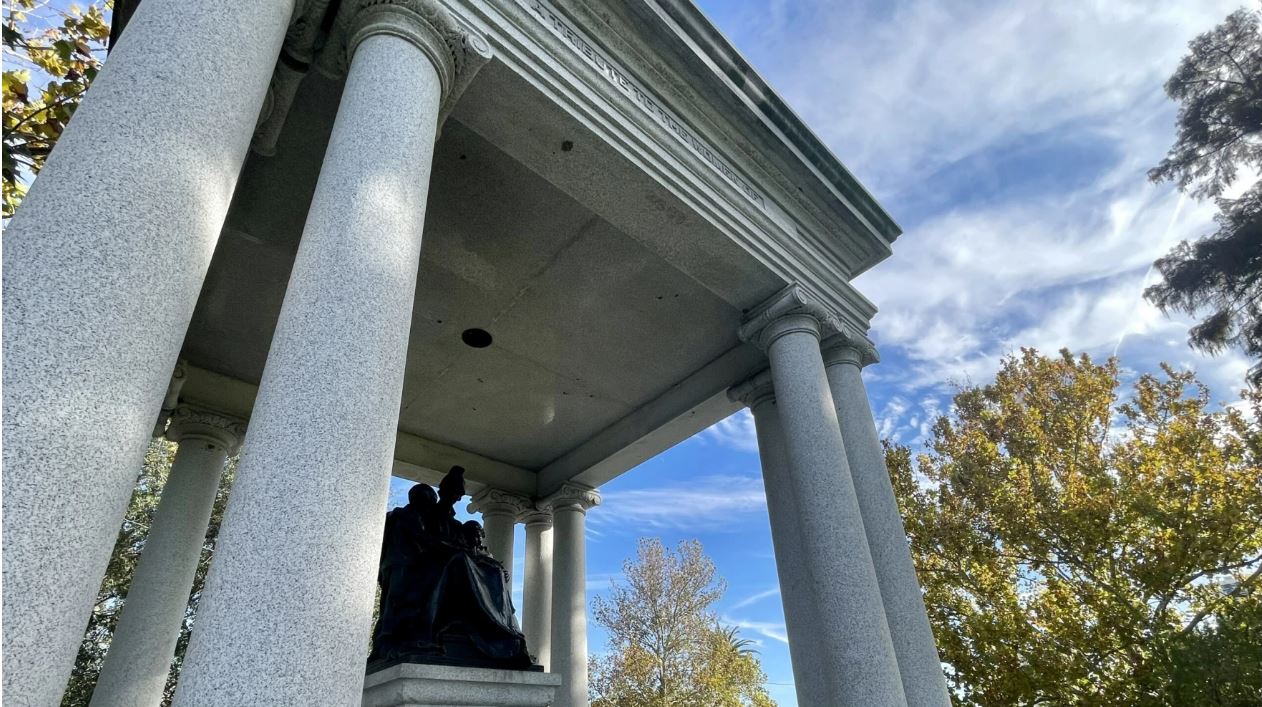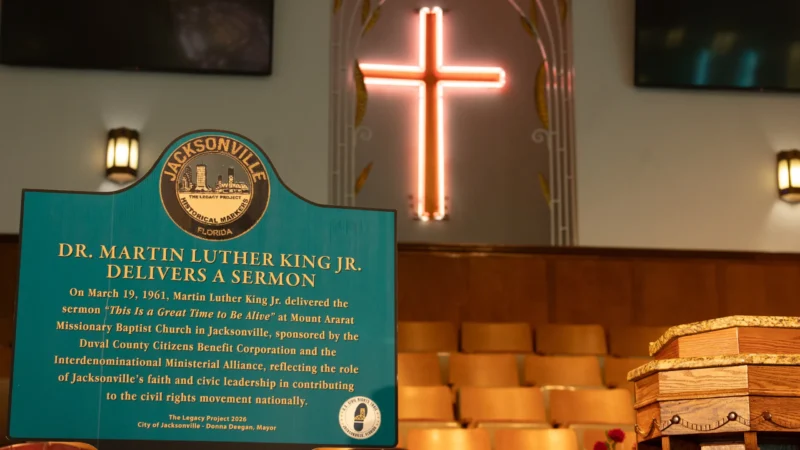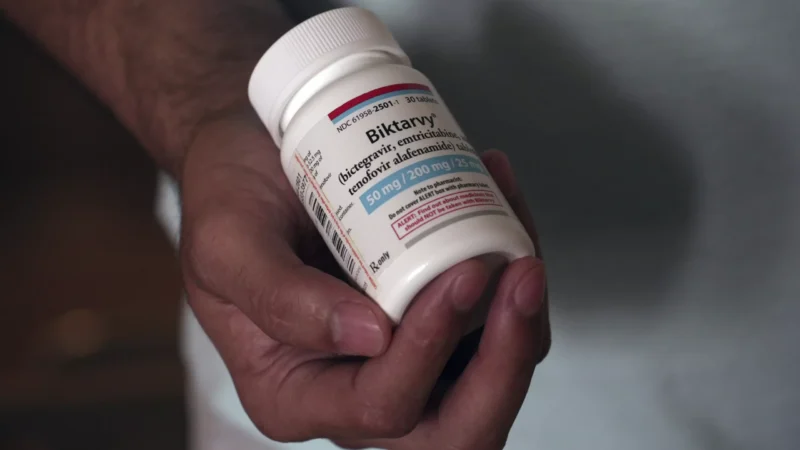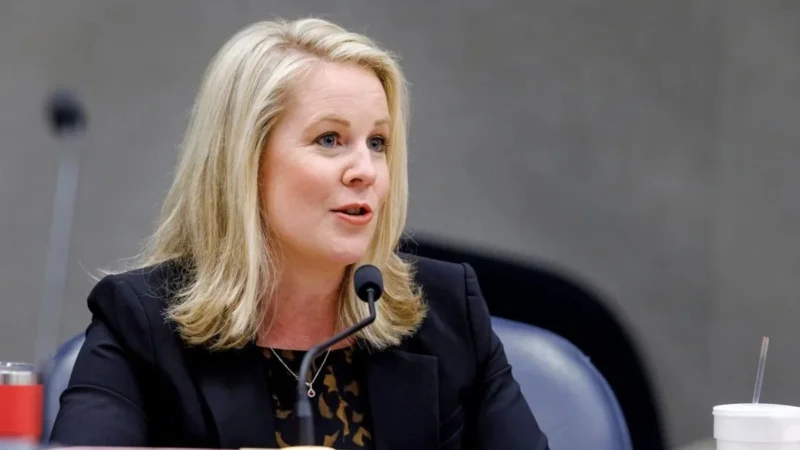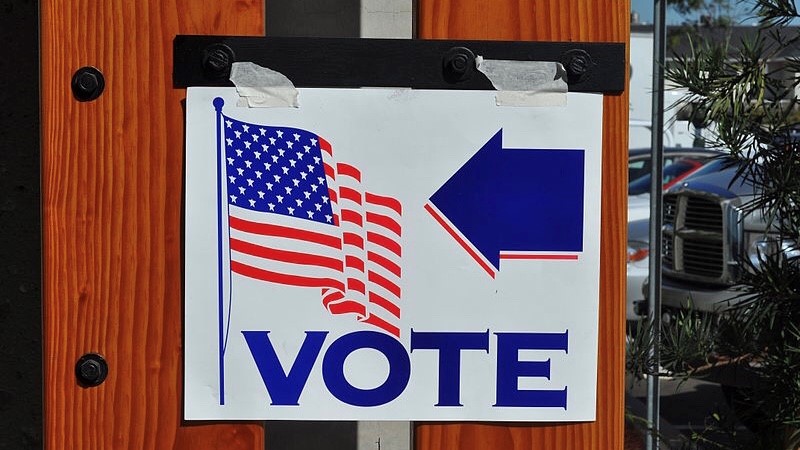Q. Jacksonville’s city budget contained money for removal of the Confederate statues at Springfield Park. A Jacksonville Today reader, Jonathon A., asks what happens with the funding since private groups paid for the removal.
“I was wondering where the $500,000 appropriated in the city budget goes if unused for Confederate monument removal.”
A. Basically, the money is still in the city’s budget — sitting in the Capital Improvement Plan fund — and is expected to continue sitting in the immediate future. But what happens next with those funds remains unclear.
A little background for this query: Back on Dec. 27, Mayor Donna Deegan, following a legal opinion by General Counsel Michael Fackler, decided to remove several statues and other display items from the “Women of the Southland” Confederate monument at Springfield Park.
This act, a surprise to nearly everyone else in the city, was paid for through private funding from the Jessie Ball duPont Fund and anonymous donors to 904WARD, an organization that promotes racial equity in Jacksonville. In an agreement between 904WARD and Acon Construction Co. of Jacksonville, the effort cost $187,000, according to Deegan’s office. And, according to Fackler, this private funding never flowed through city coffers.
The mayor has stood by her office’s decision to remove the statues in the way it was accomplished, despite no small amount of chastising by City Council members on what some have termed “legal yoga.” So the latest discussions haven’t been about what to do with the money in the budget, but what rules were or were not followed when the private funding stream was created.
So the fund remains — $500,000 to be exact — that was dedicated by former Mayor Lenny Curry back in 2021.
What happens to the $500K now?
“That’s up to the council,” said Melissa Ross, director of strategic initiatives for the mayor’s administration. “As of now, they have not utilized the funds.”
The funding needs City Council approval to be spent. No steps have been taken to get there, and a promised “community conversation” regarding the fund and a “roadmap” to spend it has been in limbo.
During a strategic planning session in November 2021, the conversation and a citywide plan was put on the one-year, to-do list. According to the Strategic Initiatives document, the City Council aimed to “facilitate a community conversation to develop a roadmap and funding plan to be completed by July 2022 for removal, relocation, remaining or renaming of all Confederate monuments on city property.”
July 2022 came and went, and those conversations have yet to occur.
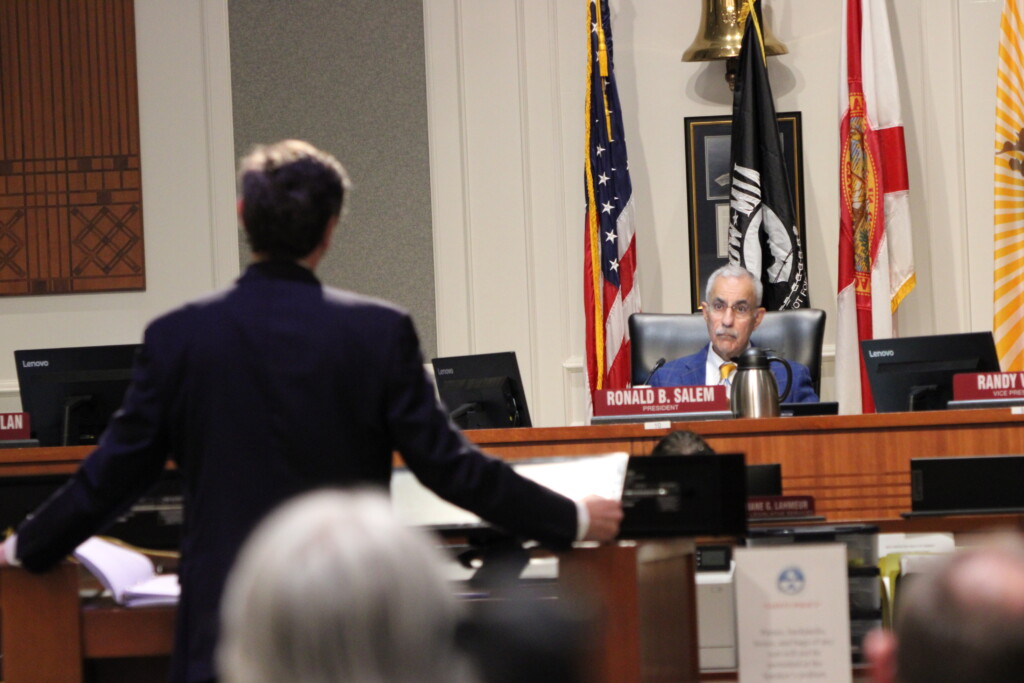
What now?
Lately, discussions regarding the monument and its travels have been laser-focused on Fackler’s legal office. On Thursday, in a special workshop of the City Council, attended by only Republican members, elected officials grilled the city’s top attorney in public for the third time in two weeks. Many of the questions surrounded security, procedure and protocol.
For instance, which city official Fackler was providing legal advice to and when, as well as whether the legal advice was sound. Council President Ron Salem said he felt it was clear the mayor had influence over Fackler’s opinion. Deegan disagrees.
After the meeting, Salem reiterated that he was not in favor of “putting the monuments back up,” but he said “the process was a bad process.”
He did not dismiss the idea of moving the monuments to another location — Camp Milton, on the city’s west side — that he said was discussed in the past with both Curry and Deegan.
“We were working on a compromise,” Salem said.
What about the planned talks regarding the $500,000? Salem said that wasn’t his decision.
“That was the previous president’s,” Salem said. “I never committed to doing that.”
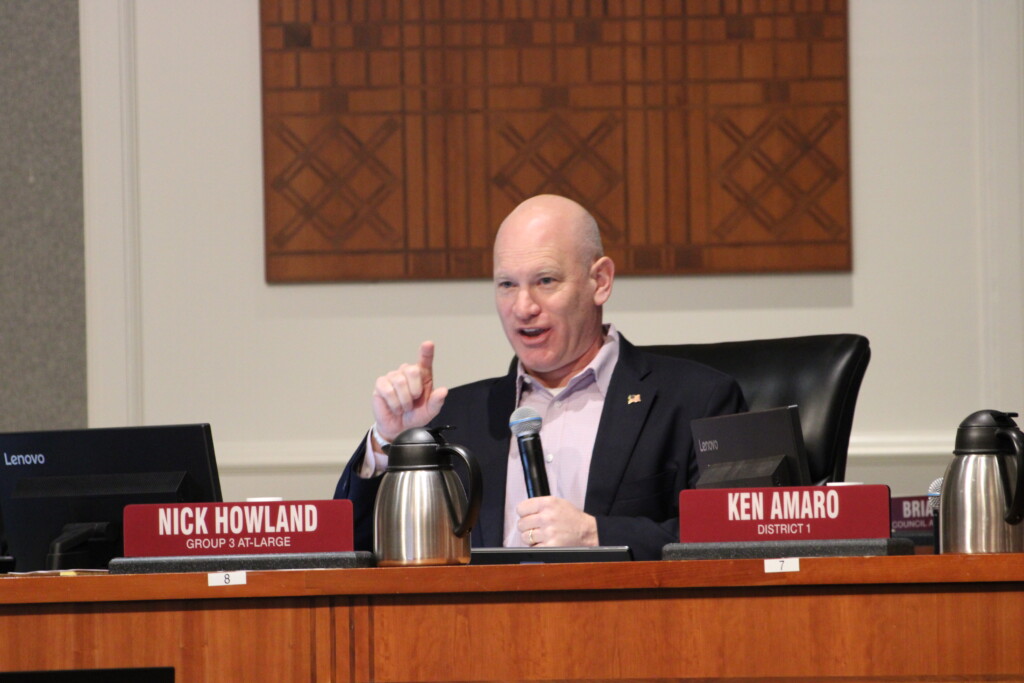
In any case, Salem said those discussions are “kind of useless” now that the statues have been moved anyway. So talks may be off the table, but Finance Committee Chair Nick Howland said the funding would likely be reviewed later this year.
“We’ll revisit that (Capital Improvement Plan) line item as part of the next budget process and understand what we have to do,” Howland said. But he added that there have been no steps taken with it at the moment. “Haven’t even thought about it yet.”
But Salem has.
“I would like, if I had my druthers, to move those monuments that have (been) taken down, and somehow get the Hemming statue back, if the family would give it to us, and move it out to Camp Milton,” Salem said. “That’s what I would do.”
Salem was referring to a statue of a Confederate soldier that the Curry administration removed in 2022 from Hemming Park, now known as James Weldon Johnson Park.
He said there have been talks at City Hall about “repurposing” the funding for the remaining part of the monument in some way.
There’s apparently a little time to hold these discussions. According to public documents, the budget item has a lifespan of 50 years. But there is also legislation filed in Tallahassee that seeks to retroactively punish those who remove monuments, such as Deegan and Curry.
That legislation inched forward this week.
The Republican-controlled Government Oversight and Accountability Committee voted 4-2 along party lines to support SB 1122. It and its companion bill, HB 395, sponsored by Republican Rep. Dean Black of Jacksonville, would prevent local governments from relocating, removing or destroying monuments.
In the meantime, the statues that have been removed are sitting in storage, awaiting a Deegan administration promise to hold community conversations about what should happen to them.
So far, Ross said, there is no immediate timeline set for those discussions. She said any potential ideas for the Springfield Park monument site are yet to be decided.
“There will be a community process to determine the best vision for that site going forward,” Ross said. “We’re still working on putting that together.”
Asked whether it was possible for the city to sell the statues, so a private owner could perhaps display them, Ross said it was up to the community.
“I think it will depend on the solution that is settled on, based on the input we get from the community,” Ross said. “We’re just going to have to go through that process first.”
904WARD’s director of equity, ReGina Newkirk Rucci, when asked about the organization’s hopes for the statues, said display in a museum — where there could be a true understanding and conveyance of the history of the statues — would be key.
“If we are not keeping it in storage,” Newkirk Rucci said, “we hope that it can just be displayed in a place where it can be properly contextualized.”
And what about the rest of the monument that remains at Springfield Park? The people at 904WARD hope to see the community chat about that.
“We hope that there is the ability to have the conversation about the full removal, but we’re really in support of having that be a community led decision,” Newkirk Rucci said.
Melanie Cost, spokeswoman for the Jessie Ball duPont Fund, said what the city does next is just as important as the removal itself.
“We look forward to continued dialogue with nonprofit and civic organizations and the public sector around what we as Jaxsons choose to commemorate from our history,” Cost said.
Have a question you’d like the Jacksonville Today team to look into? Email news@jaxtoday.org with #AskJAXTDY in the subject line, and you might see your answer soon.
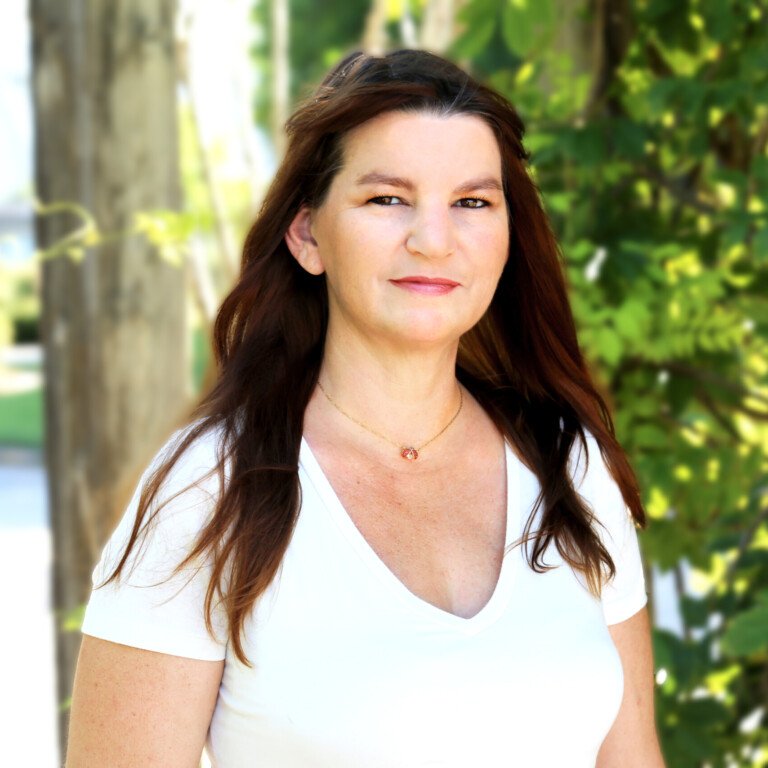
Casmira Harrison is a Jacksonville Today reporter focusing on local government in Duval County.


